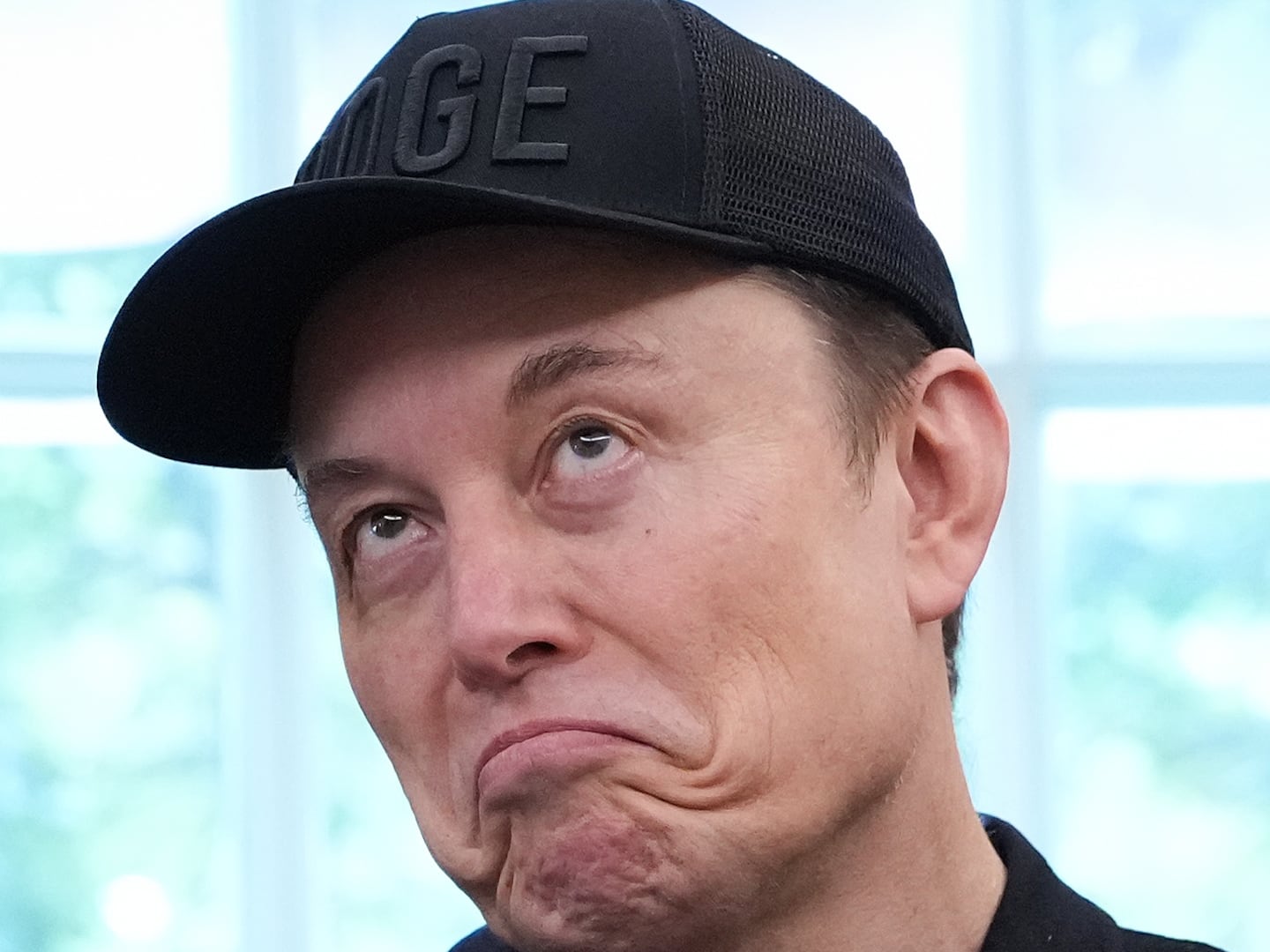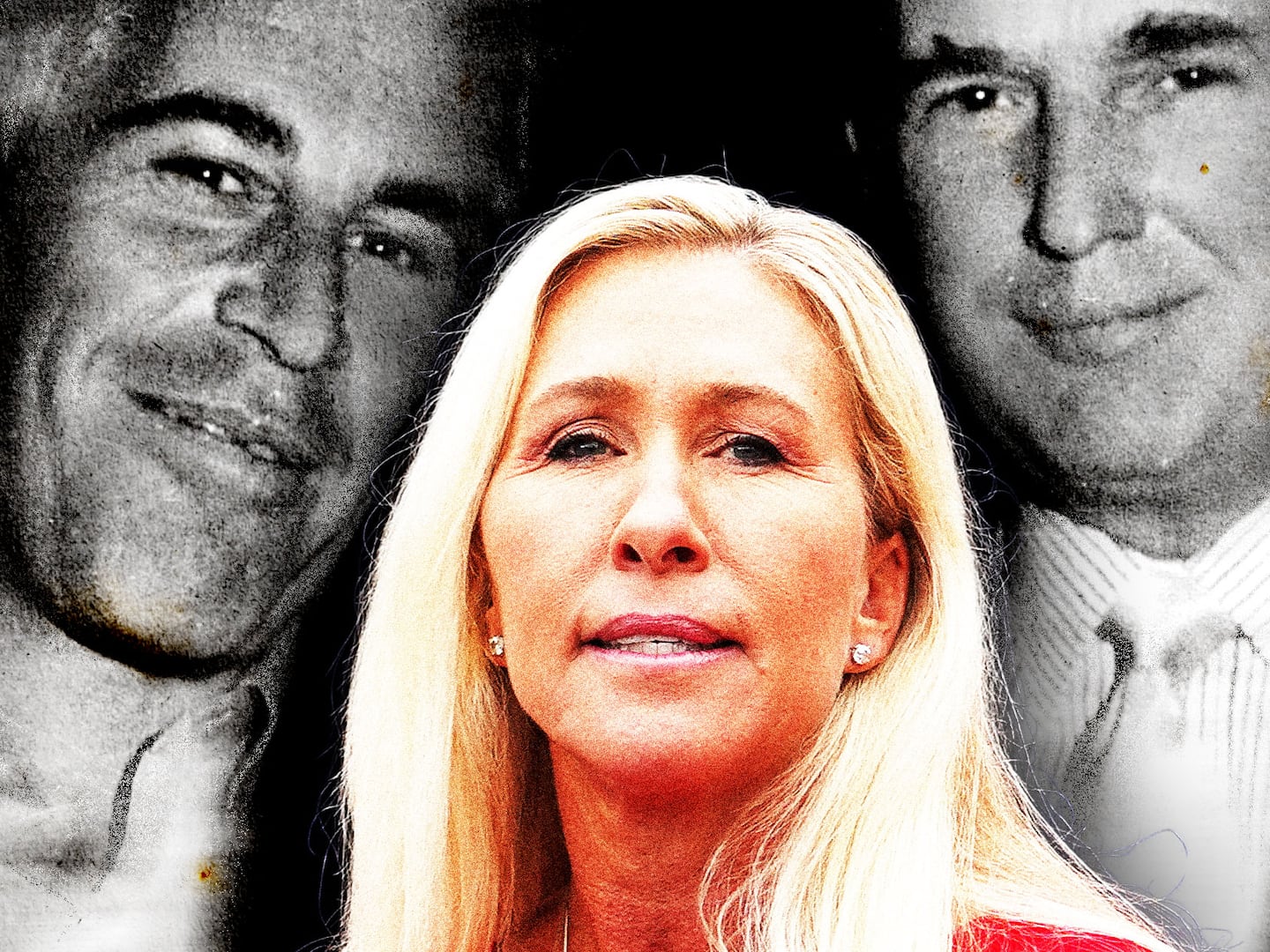The funniest, most original voice on TV this fall belongs to an awkward black girl: Issa Rae, creator and star of HBO’s singular new comedy Insecure.
Rae is the first black woman to create and star in her own show since Wanda Sykes’s Wanda at Large went off the air in 2003. She’s aware of the significance of her job title, and why it’s celebrated by those who champion diversity and inclusion on TV. Her success is testament to the slow, incremental erosion of the barriers still facing creators of color.
But the joy surrounding Insecure, which airs its third episode this Sunday, is rooted in much more than the fact of Rae’s existence. It’s in the particularity of her perspective and the profane wit of her humor. (The show’s pilot alone will leave the phrase “broken pussy” reverberating in your head for days.)
And, at a time when conversations about diversity often boil down to mere visibility—who’s seen onscreen, who speaks, who survives their storyline without dipping into reductive tropes or stereotypes—Rae does the industry one better: She normalizes.
On Insecure, race is a distinct yet almost casual fact of life. Characters date, work and navigate life in South Los Angeles—a black and Latino-dominated section of the city often ignored on TV—the same way white characters do on other millennial-driven prestige sitcoms: as flawed, fully realized human beings.
There’s a slacker with a heart of gold; a dating app-addicted lawyer; a non-profit worker still dreaming of what might have been and what could be—each with quirks, fascinations, and anxieties universal enough for anyone to relate to. They’re “real” characters, says Rae, who embrace their race as part of their identity yet “aren’t necessarily burdened by it, or living with race as a consequence.”
They’re normal—just a different kind of normal than the one you usually see on TV.
Rae, a Stanford graduate who caught HBO’s attention with the success of her hit web series The Misadventures of Awkward Black Girl, chalks up the absence of more narratives like these—ones told through an unapologetically black lens yet not beholden to race-specific issues—to the misguided belief that mainstream (white) audiences find it difficult to relate to people of color.
The notion makes her laugh. “It was like, we’re just living, like you!” she says. “Even as a person of color, there are instances where you do talk about race, but there are lots of instances where you don’t. You’re just like, ‘How am I gonna pay this bill?’ Or ‘What is this job? What am I doing in life?’”
Tapping into real-life anxieties about ordinary “life stuff,” she says, was one of the easiest parts of her job. The existential panic of nearing one’s thirties; the ennui of long-term relationships; the dread of wasting one’s life in the wrong career—all incisively and hilariously reflected through Rae’s onscreen alter-ego, a slightly narcissistic youth liaison also named Issa.
Issa Dee raps soliloquies about the day’s events in front of her bathroom mirror. She tries on new personas with every lipstick. She’s five years deep into a relationship with a man she’s not sure she’s in love with anymore. And she’s best friends with a beautiful, high-powered lawyer (played by Yvonne Orji) whom she calls “the Will Smith of corporate” for her enviable code-switching abilities. (“White people looove Molly. Black people also looove Molly,” Issa intones in voiceover.)
She weathers the occasional micro-aggression from clueless white coworkers—and nightmare questions from the middle-schoolers she works with like, “Why you talk like a white girl?” But being “aggressively passive” in response is her thing: ask Issa what “on fleek” means, that is, and she’ll smile innocently and say she doesn’t know.
Insecure’s casual deftness at skewering this particular kind of interaction is a hard trick to pull off, even for Rae, who practically perfected the art in Awkward Black Girl. “Just as a person sometimes, you’re so used to the micro-aggressions that you hear, or conversations where you feel like you’re being undermined, that stuff like that I don’t really have at the front of my mind,” she says.
Tapping into those experiences in the writers’ room became a task in itself, if only because the very nature of being a person of color is “always having your eyes open and being like, ‘Well, this is what’s gonna happen. People are going to perceive me a certain way, but I’m used to it,’” she explains.

And while depicting everyday racism on television isn’t new, Rae’s knack for writing it into a script with such offhand specificity is. Her approach, as she sees it, is to turn the experiences into “casual elements of the storyline, as opposed to like, ‘Now everything’s changed because she’s had this racist moment!’ It’s like, no, life goes on.”
The result is an effortless, authentic look through the eyes of an everyday American of color, one Rae likes to call “autobiographical fiction.” She estimates “80 to 85 percent” of her real personality is in Issa, though she’s careful to add, “I’m just more empathetic.” Another important distinction: “I know what I want to do, career-wise.”
Rae has been a performer since her teenage years at a magnet high school in the South L.A. neighborhood of Windsor Hills. At Stanford, she majored in African and African-American studies and wrote and produced her own stage adaptation of Spike Lee’s School Daze. It was also there that she began making web videos—silly ones at first, mostly parodies of music videos—and posting them on a then-brand new site called YouTube.
She’d planned to pitch her first web series—a low-budget, Real World-like mockumentary she made with friends called Dorm Diaries—to MTV or BET after graduating and moving to New York City in 2007. But that dream was dashed when thieves broke into her apartment, making off with every camera and laptop she owned, and even her scripts.
It was around this time, as she found herself in debt, depressed, and directionless, that she created a sketch character based on herself: a misanthropic, funny black heroine named “J” (Rae’s full name is Jo-Issa Rae Diop), who became the star of The Misadventures of Awkward Black Girl.
The viral success of Awkward Black Girl—the series has amassed more than 25 million views and 200,000 subscribers since its first episode posted in 2011—and the freshness of its perspective on black life led to an offer from HBO for Rae to develop her own series, under the guidance of sitcom veteran Larry Wilmore. The two immediately clicked and got to work writing a pilot.
A year and a half into the development process, however, Comedy Central came knocking and stole Rae’s mentor away to become the new host of The Nightly Show. That worried Rae, and left her unsure if she was up to the task on her own. She was also becoming impatient: “I was like, ‘I can produce this right now and put it out there and there would be an audience!” she remembers.

Now, three years after starting her new gig, Rae is relieved Insecure took the time it did. She’s got a solid showrunner in Prentice Penny, another celebrated TV veteran, and a license to change the way black women are seen on TV—or at least, to add a different, more grounded reality to what’s already in pop culture.
Issa and Molly’s best friendship, for instance, is the kind rarely seen between black girlfriends on TV. Each is immensely supportive, neither hesitates to call bullshit when warranted, and their squabbles don’t devolve into hair-pulling screaming matches. Rae loves reality shows, she says, but after enough time of seeing the same depictions over and over again, “you’re like, ugh, my friends aren’t like that.”
“Other cultures are seeing this and it’s kind of rising to the top of pop culture and people think that this is it for us,” she says. “And I just wanted a balance. It’s OK that those shows exist, but when you’re not seeing anything else you’re kind of like, ‘Eh, let’s put something else out into the universe.’”
Humanizing a part of L.A. often sold to white audiences as “the hood” or “the ghetto” also ranked high on Rae’s list of priorities. She grew up in South L.A. and now lives and keeps production offices in Inglewood. “I wanted to make it sexy,” she says, “and show that, yes, there’s poverty there, there are gang members there, but there’s also affluence, there’s middle-class, and everybody meshes together. There’s so much beauty there and so much richness in that area. So I wanted to give it more context.”
Mostly though, Rae just wants her audience to relate to the characters onscreen; to prove risk-averse TV execs wrong when they fret about whether white people will relate to black or brown characters. So far, the plan is working—the response from fans both new to Rae’s work and ABG diehards has been enthusiastic.
And why wouldn’t it be? TV’s been starved for a perspective like Rae’s for years. Now she hears people gush at how much of themselves and their world they see in her work: “Oh my gosh, that’s how me and my girlfriends talk, or oh my gosh, I’m living through that!”
“Those things make me feel like we’re hitting a regular person nerve,” Rae says, a smile seeping into her voice. “And I love that.”






